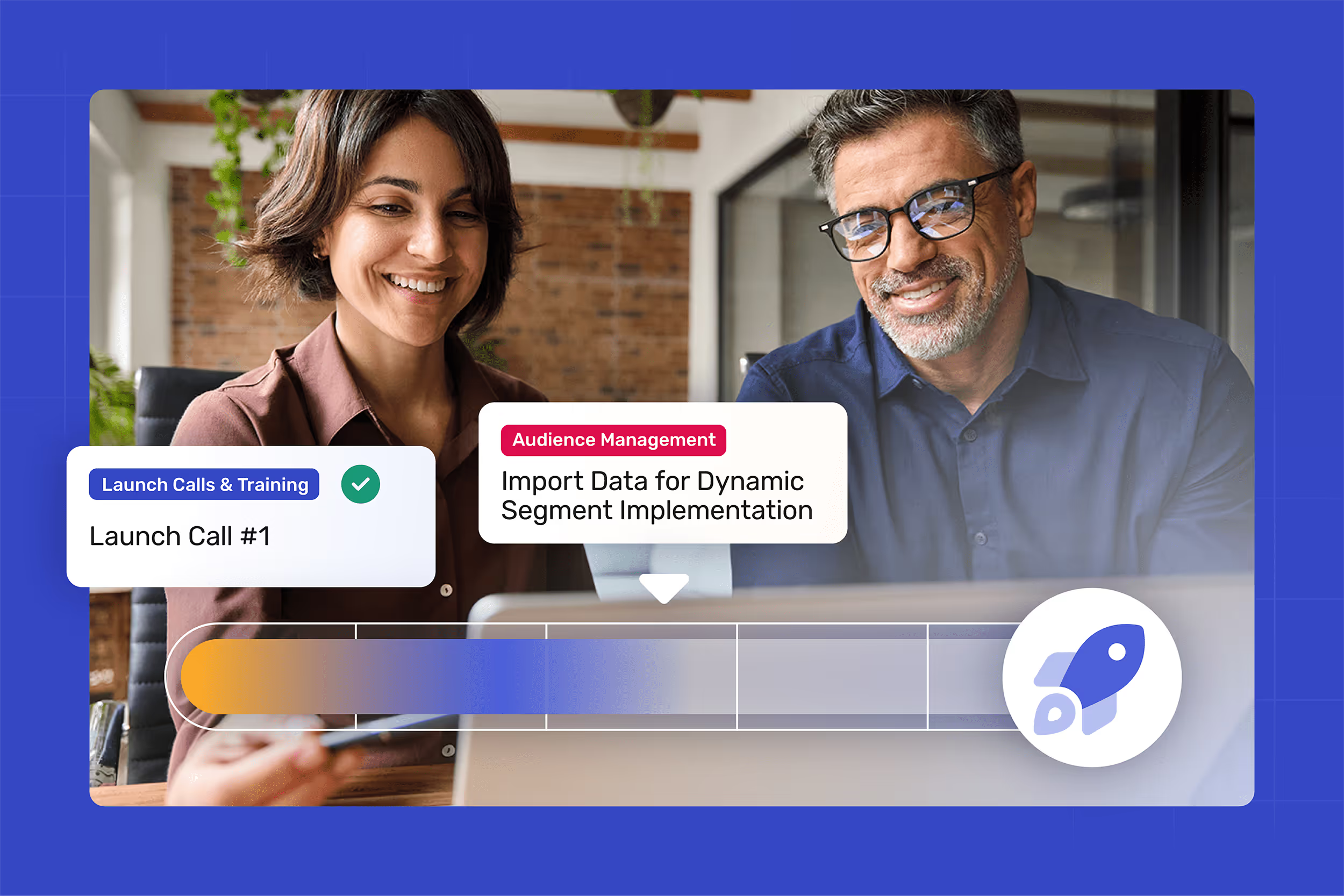Enterprise Security.
Compliance-Ready.
No Drama.
Broadcast is trusted by organizations of all sizes across all industries due to our deep commitment to security and compliance standards.
Last updated:
December 20, 2025
Why Security Teams Love Broadcast
Broadcast is a SOC 2 Type II internal communications platform with SSO, encryption, backups, and audit-ready controls.
Compliance
Built for Your Peace of Mind
GDPR
Broadcast supports GDPR-aligned data protection practices through strong security controls, access governance, and data handling procedures.
CCPA / CPRA
Broadcast supports customer obligations under CCPA and CPRA by enabling visibility, control, and secure handling of personal information.
VPAT
VPAT documentation is available upon request, and accessibility considerations are incorporated into product design and testing workflows, with ongoing efforts to align with applicable WCAG accessibility standards.
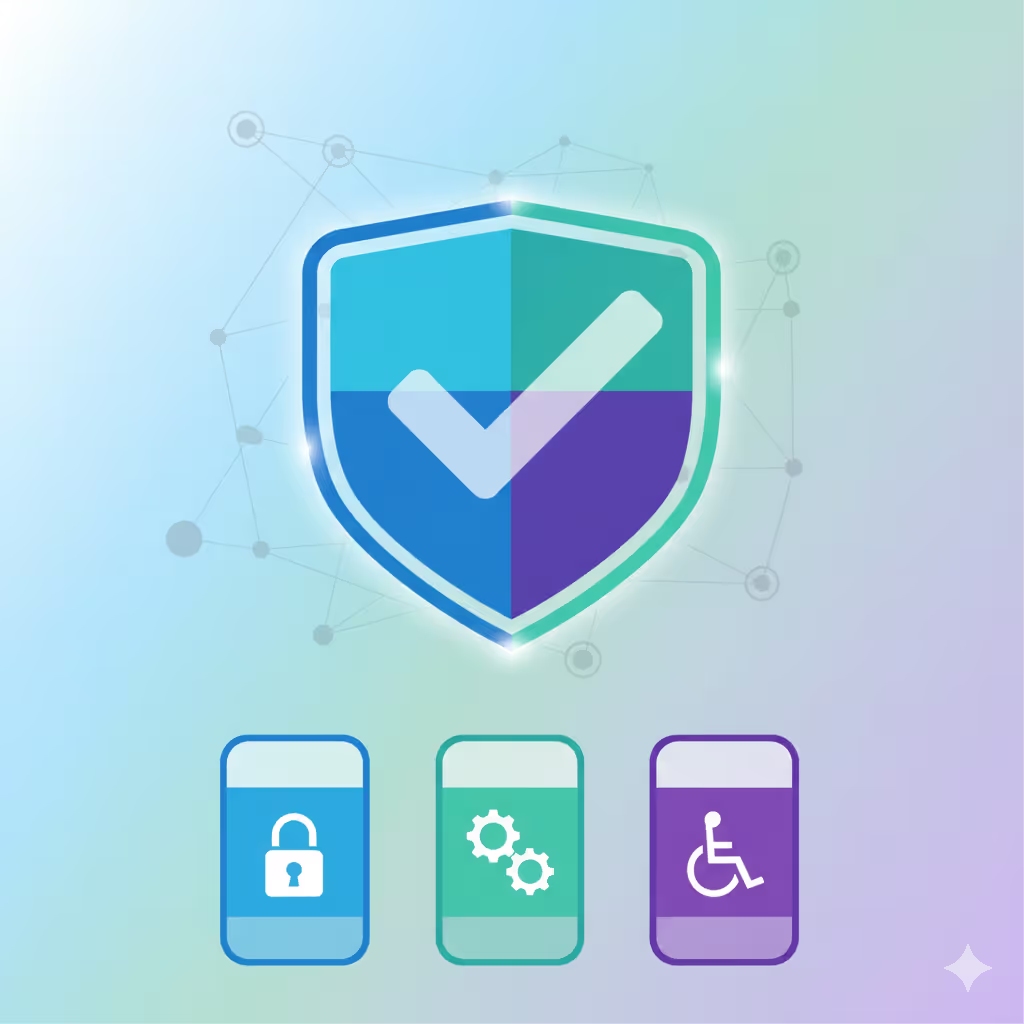
Data Security
Encryption in Transit and at Rest
All data is encrypted both in transit and at rest. Production data is continuously backed up to encrypted storage and supports restoration to specific points in time along a stream of database changes.
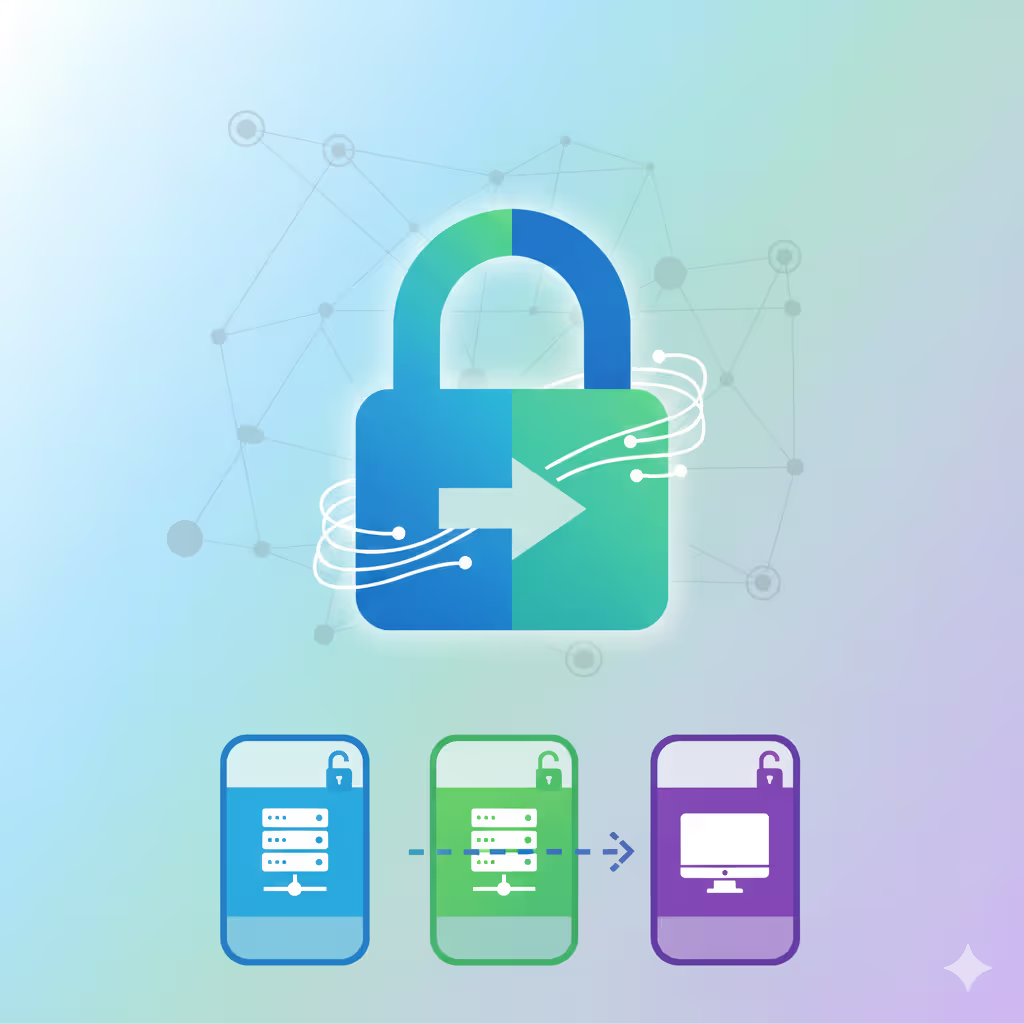
Identity & Access Management
Single-Sign-On (SSO)
Supports SAML-based SSO with common identity providers (e.g. Okta, Azure AD, Google Workspace). Authentication is delegated to the customer’s identity provider, allowing existing security controls to remain authoritative.
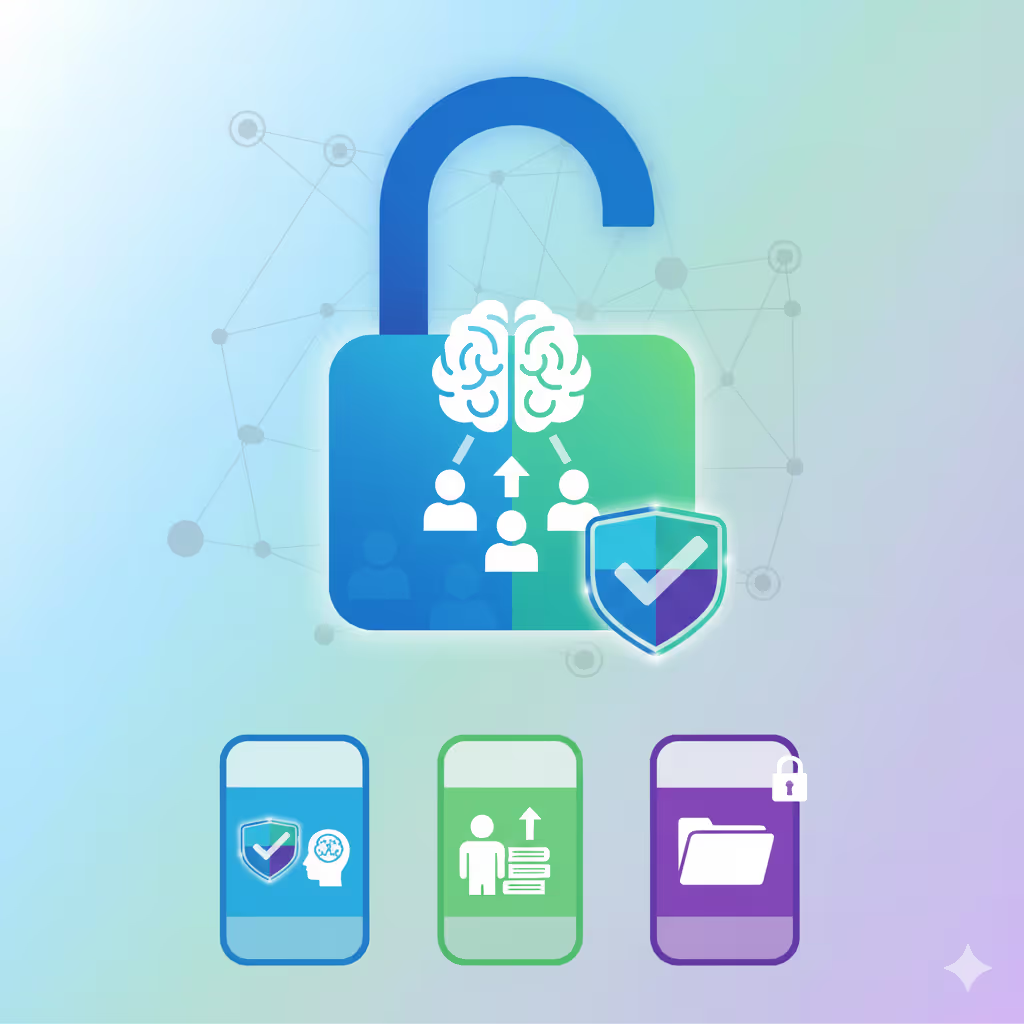
Application Security
Secure Development and Testing
Broadcast applies disciplined application security practices throughout the software development lifecycle, combining peer review, automated testing, and ongoing dependency and infrastructure maintenance to reduce risk in production systems.
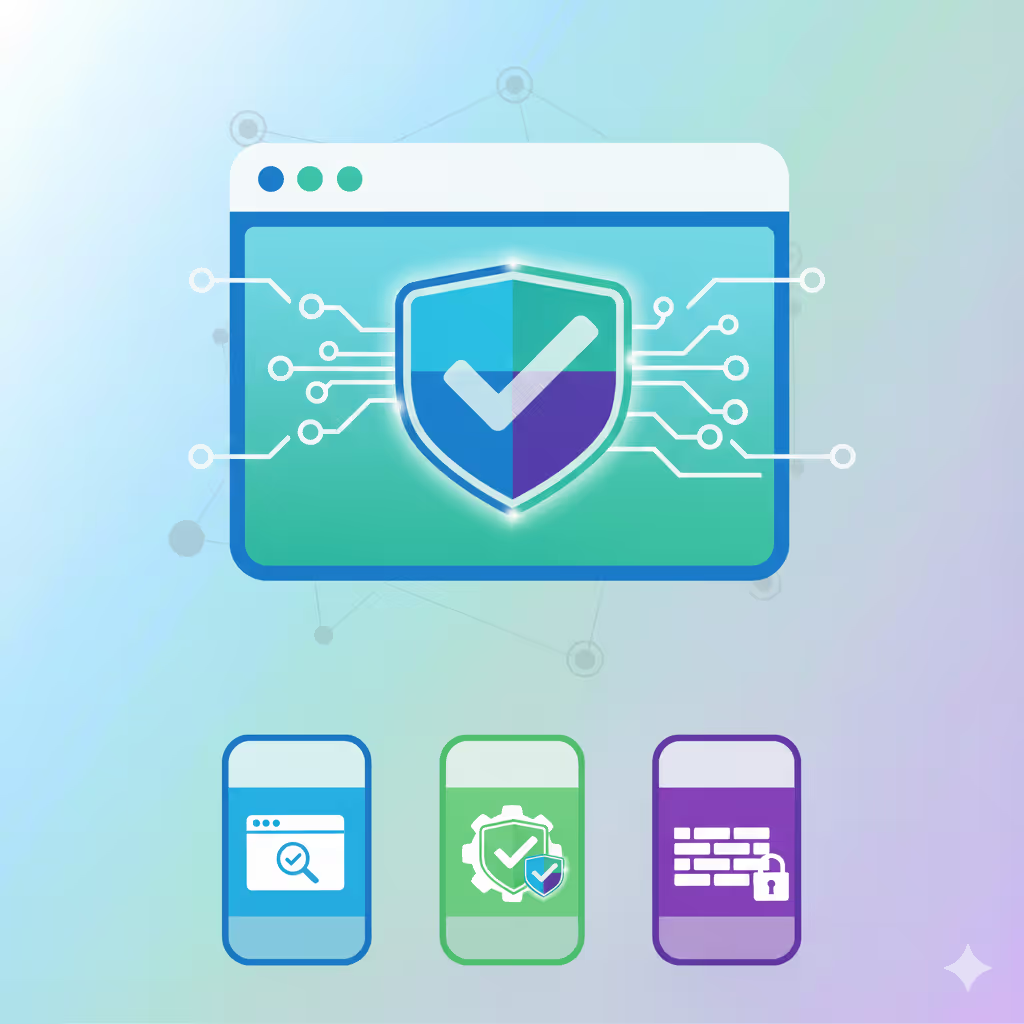
Device Security
Strong Security Controls
Work devices are centrally managed, fully encrypted, protected with endpoint security controls, and required to stay up-to-date. Access to internal tools is protected with SSO and MFA.
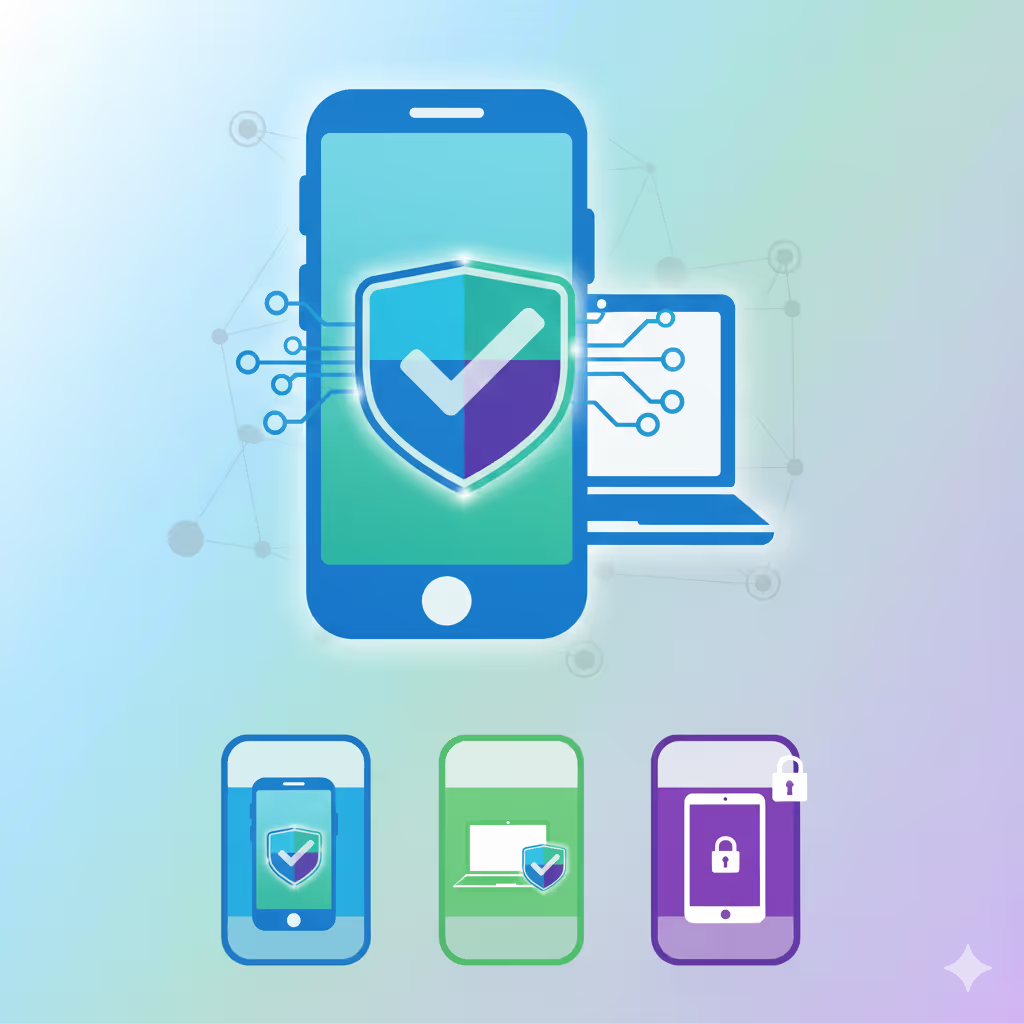
Security and Compliance FAQs
Answers to common questions about SOC 2 Type II, SSO (SAML), encryption, backups, privacy regulations, and accessibility.
If you still have questions, just ask us!


